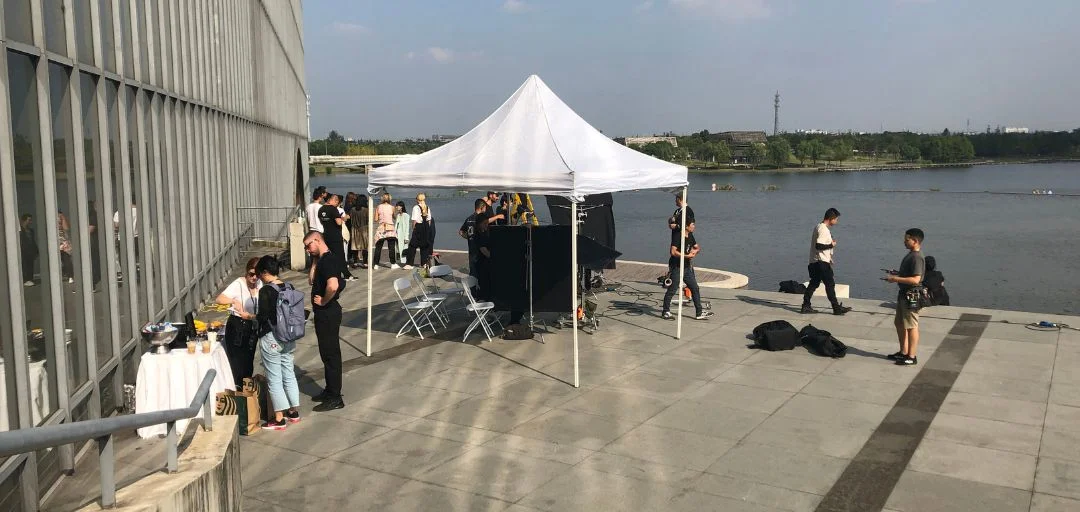
Event planning in the USA is a thriving industry that spans corporate events, weddings, festivals, and private parties. With a dynamic and diverse market, event planning usa must be well-equipped with knowledge, creativity, and organizational skills to execute seamless experiences. Whether you're an aspiring event planner or someone looking to host a memorable occasion, this guide will walk you through the essentials of event planning in the USA.

The event planning industry in the United States is vast, covering everything from small gatherings to large-scale conferences. According to industry reports, the event planning sector generates billions of dollars annually, with trends shifting towards immersive experiences, technology integration, and sustainable event solutions.
Planning a successful event requires meticulous attention to detail and strategic execution. Here are the fundamental steps to consider:
Define the Purpose and Goals
Understanding the objective of your event is crucial. Is it a corporate seminar, a wedding, a charity fundraiser, or a music festival? Clearly defining your goals will help guide all other planning aspects, from venue selection to guest engagement.
Establish a Budget
Budgeting is a critical component of event planning. Outline all potential expenses, including venue rental, catering, décor, entertainment, transportation, and marketing. Allocating funds wisely ensures a smooth execution without financial surprises.
Select the Right Venue
The venue sets the tone for an event. Factors to consider include location, accessibility, capacity, amenities, and ambiance. Popular event cities in the USA include New York, Los Angeles, Chicago, and Las Vegas, each offering a variety of venues for different occasions.
Plan Logistics and Coordination
Event logistics encompass catering, sound and lighting, seating arrangements, security, and transportation. Hiring experienced vendors and suppliers can make a significant difference in execution quality.
Focus on Guest Experience
A successful event is one where attendees feel engaged and satisfied. This can be achieved through interactive elements, engaging speakers, themed décor, and personalized experiences. Technology such as event apps and social media engagement can enhance guest interaction.
Marketing and Promotion
For public events, marketing plays a vital role. Utilize social media, email campaigns, influencer partnerships, and traditional media to generate buzz. Event planners often leverage digital platforms like Eventbrite and Meetup to reach wider audiences.
Risk Management and Contingency Planning
Unexpected challenges can arise, from weather disruptions to technical failures. Having a risk management plan, including backup vendors and emergency protocols, ensures the event runs smoothly even under unforeseen circumstances.